“Daunting challenges” at UN Assembly
Ban Ki-moon says leaders attending the annual ministerial meeting of the GA opening face more daunting challenges than ever.
Tuesday, 25.09.2007.
12:39

Ban Ki-moon says leaders attending the annual ministerial meeting of the GA opening face more daunting challenges than ever. The high-level session of the UN General Assembly opens today with speeches by Ban Ki-moon and U.S. President George Bush. Later in the day Iranian President Mahmoud Ahmadinejad, whose controversial views have dominated the headlines and provoked widespread outrage and protests in the U.S., will speak. “Daunting challenges” at UN Assembly Many leaders have been here since Friday when the secretary-general began a series of meetings on key global issues and hotspots - Darfur, Iraq, Afghanistan, the Mideast and climate change. "This will be a most intense period of multilateral diplomacy ever in the United Nations history, I believe,'' Ban told a press conference last week. As we move well into the 21st century, the United Nations is, once again, the global forum where issues are discussed and solutions are hammered out.'' The ministerial meeting of the 62nd General Assembly is the first for Ban, who took the reins of the U.N. on Jan. 1 from Kofi Annan. Nearly 100 presidents and prime ministers are attending, along with senior officials from 91 other UN member states. Only Djibouti is not scheduled to speak during the high-level session which ends Oct. 3, Janos Tisovszky, spokesman for the General Assembly president, said Monday. "'m very anxious. At the same time I am very much full of commitment and expectations to make this General Assembly - my first General Assembly as secretary-general - to be the most successful one,'' Ban said in an Associated Press interview earlier this month. "Never before in the history of the United Nations, this General Assembly is faced with so many daunting challenges,'' he said. Global warming remains the focus of the ministerial session, and leaders and ministers will almost certainly focus on its theme, "Responding to Climate Change,'' in their speeches. But there will be other global issues in the spotlight as well. Bush will focus on advancing human rights and the need to liberate people ``from terror, from fear, and from oppression'' as well as from disease and ignorance, National Security Adviser Steve Hadley said Monday. As part of the human rights effort, the president will urge support for groups in military-ruled Myanmar trying to advance freedom and political change, Hadley said. Ahmadinejad, in his speech Tuesday afternoon, is expected to take the same conciliatory approach he in many media appearances on Monday. He presented his country as a reasonable seeker of peace and justice and denied that it holds any violent intentions against the U.S., Israel or any of its immediate neighbors. He also denied all the chief accusations against Iran: that it is providing weapons to kill U.S. troops in Iraq and Afghanistan, supporting terrorism, or breaking international law by developing nuclear weapons. Since he took office, Ban has made about 20 trips, most recently to Sudan, Chad and Libya to press for political support for deployment of a 26,000-strong African Union-UN peacekeeping force in Darfur and the Oct. 27 peace negotiations in Libya to end the 4 1/2-year conflict in Darfur. Ban has issued words of caution expecting a quick solution to the world's woes. ``I am under no illusion that, whether it's the Middle East, or Kosovo, or Afghanistan, or climate change, these problems will be solved overnight,'' Ban told reporters last week. ``The solutions all involve a long road and hard work. Be assured that, as secretary-general, I am committed to working intensely with the member states on all these issues to achieve results.''
“Daunting challenges” at UN Assembly
Many leaders have been here since Friday when the secretary-general began a series of meetings on key global issues and hotspots - Darfur, Iraq, Afghanistan, the Mideast and climate change."This will be a most intense period of multilateral diplomacy ever in the United Nations history, I believe,'' Ban told a press conference last week. As we move well into the 21st century, the United Nations is, once again, the global forum where issues are discussed and solutions are hammered out.''
The ministerial meeting of the 62nd General Assembly is the first for Ban, who took the reins of the U.N. on Jan. 1 from Kofi Annan. Nearly 100 presidents and prime ministers are attending, along with senior officials from 91 other UN member states.
Only Djibouti is not scheduled to speak during the high-level session which ends Oct. 3, Janos Tisovszky, spokesman for the General Assembly president, said Monday.
"'m very anxious. At the same time I am very much full of commitment and expectations to make this General Assembly - my first General Assembly as secretary-general - to be the most successful one,'' Ban said in an Associated Press interview earlier this month.
"Never before in the history of the United Nations, this General Assembly is faced with so many daunting challenges,'' he said.
Global warming remains the focus of the ministerial session, and leaders and ministers will almost certainly focus on its theme, "Responding to Climate Change,'' in their speeches.
But there will be other global issues in the spotlight as well.
Bush will focus on advancing human rights and the need to liberate people ``from terror, from fear, and from oppression'' as well as from disease and ignorance, National Security Adviser Steve Hadley said Monday. As part of the human rights effort, the president will urge support for groups in military-ruled Myanmar trying to advance freedom and political change, Hadley said.
Ahmadinejad, in his speech Tuesday afternoon, is expected to take the same conciliatory approach he in many media appearances on Monday. He presented his country as a reasonable seeker of peace and justice and denied that it holds any violent intentions against the U.S., Israel or any of its immediate neighbors.
He also denied all the chief accusations against Iran: that it is providing weapons to kill U.S. troops in Iraq and Afghanistan, supporting terrorism, or breaking international law by developing nuclear weapons.
Since he took office, Ban has made about 20 trips, most recently to Sudan, Chad and Libya to press for political support for deployment of a 26,000-strong African Union-UN peacekeeping force in Darfur and the Oct. 27 peace negotiations in Libya to end the 4 1/2-year conflict in Darfur.
Ban has issued words of caution expecting a quick solution to the world's woes.
``I am under no illusion that, whether it's the Middle East, or Kosovo, or Afghanistan, or climate change, these problems will be solved overnight,'' Ban told reporters last week. ``The solutions all involve a long road and hard work. Be assured that, as secretary-general, I am committed to working intensely with the member states on all these issues to achieve results.''












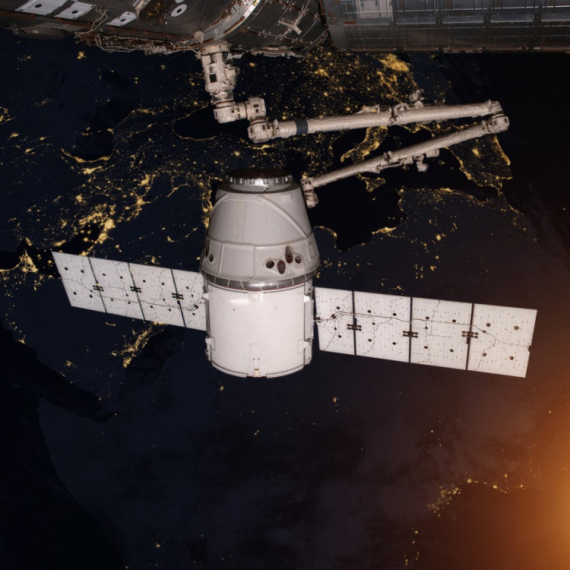
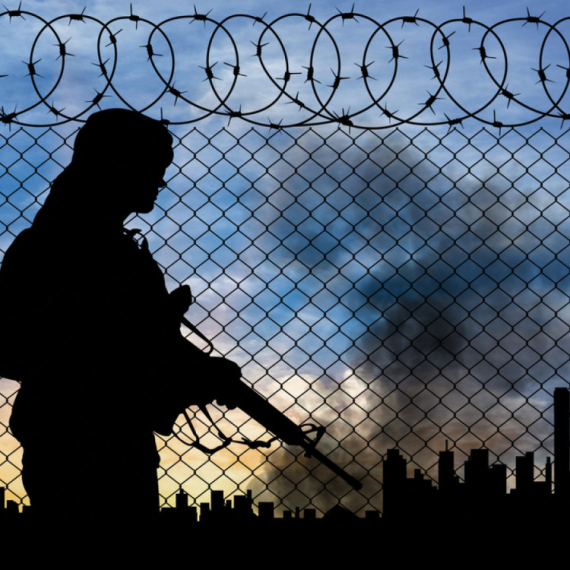
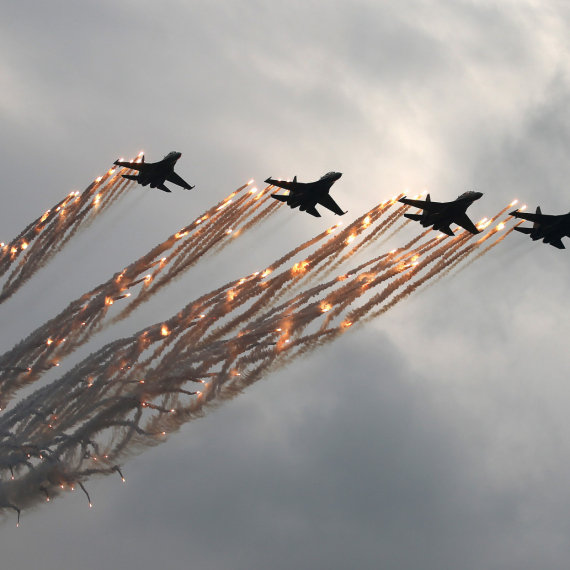

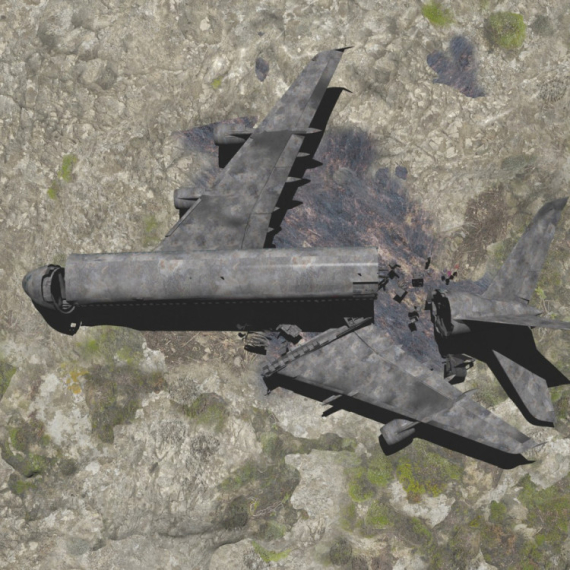
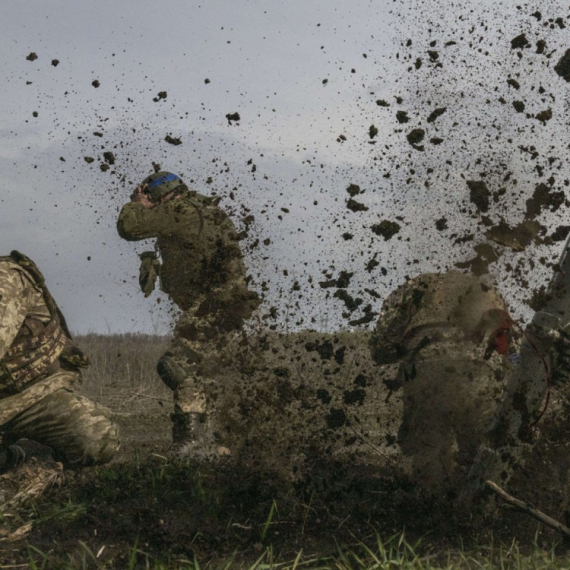







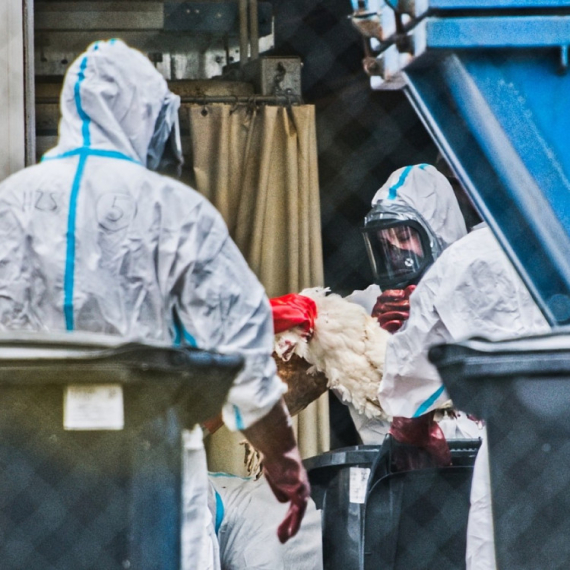


Komentari 0